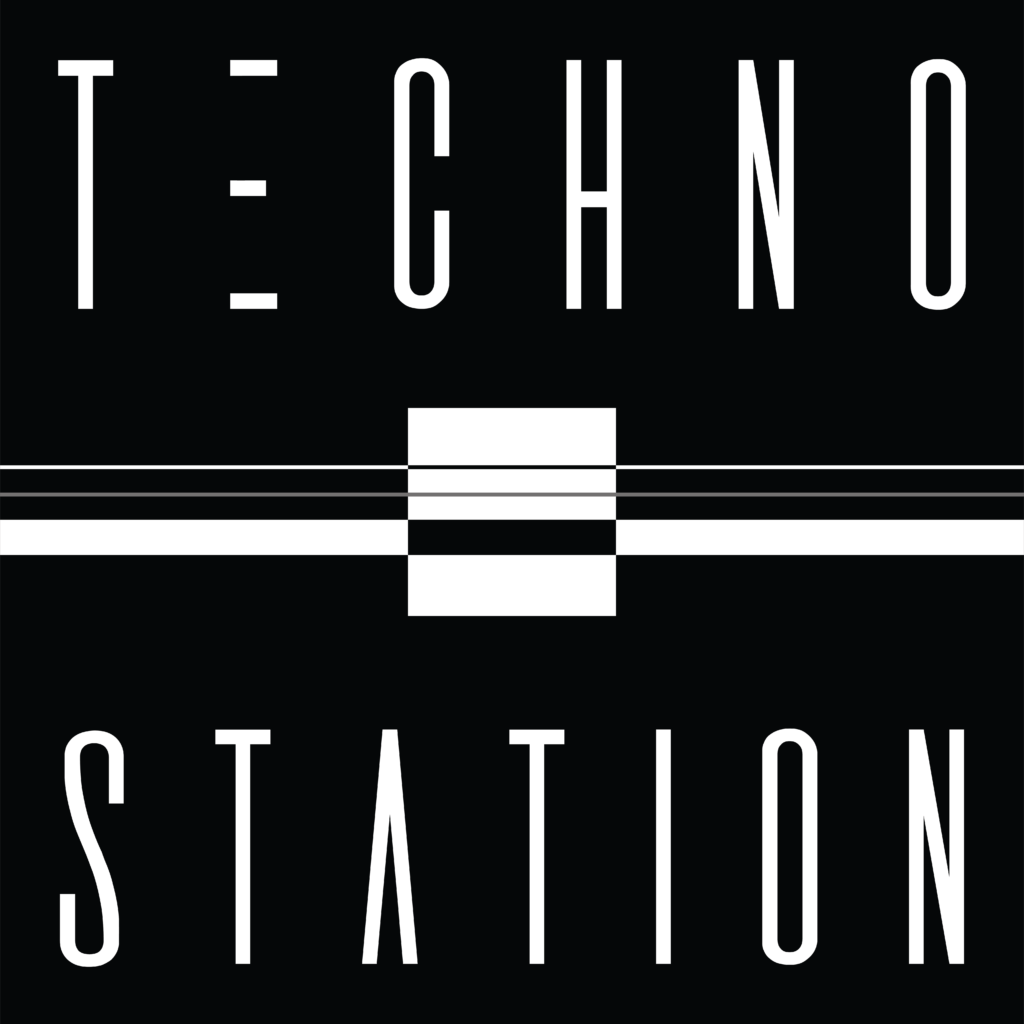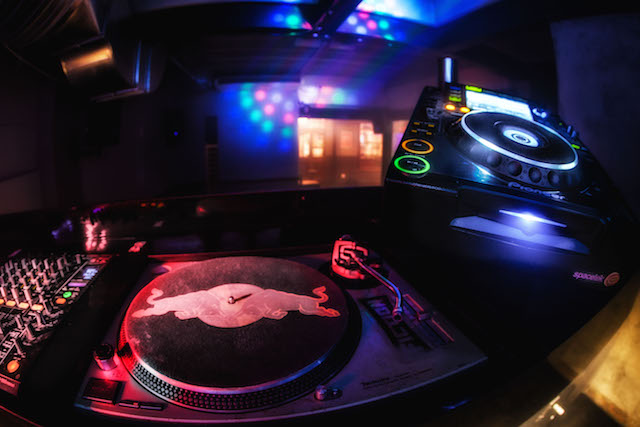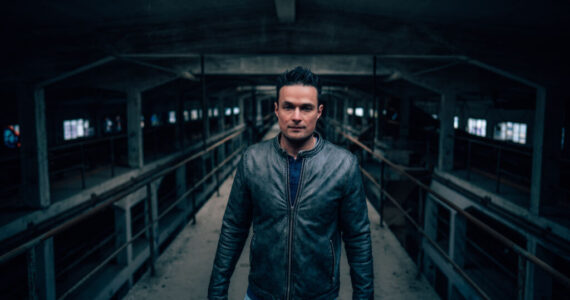So what exactly is this system, and how does it work? The Pathogen Reduction System (PRS) is a collaborative development by engineers, scientists, and medical experts. Generally speaking, this technology is similar to the technology in water treatment plants. The PRS in particular will clean indoor air with UVC light “to safely inactivate 99.99% of dangerous airborne pathogens such as COVID-19, MRSA, measles, TB and the common flu virus.” This trial is backed by the Music Venue Trust. This is a group offering support and resources for Grassroots Music Venues who are struggling at the moment. Venues in the UK has either been closed or operating with very strict social distancing measures.

The Pathogen Reduction System (PRS), developed by engineers, scientists, and medical experts, utilises a similar technology to that used in water treatment plants. Fitting a building’s existing ventilation system, it works by cleaning indoor air “using high intensity UVC light to safely inactivate 99.99% of dangerous airborne pathogens such as COVID-19, MRSA, measles, TB and the common flu virus”.
The trial aims to demonstrate the possibility of creating future COVID-secure indoor environments with more financially sustainable “pre-pandemic” audience numbers, as DJ mag writes.
Speaking in a press release seen by NME, 100 Club owner Jeff Horton said: “This is an opportunity to be leading the way in getting grassroots music venues and the entire hospitality industry open again after the dire consequences of COVID-19.”
The PRS trial is backed by the Music Venue Trust. CEO Mark Davyd said in the press release that the UK government should work with the live music industry to deliver a ‘Test, Clean, Prevent [TCP] model’ to prevent the virus entering events to “create an economically viable sector with a negligible infection risk.”
Davyd explained: “In the UK, risk management is currently built around ‘Hands, Face, Space’ [HFS], which act together to prevent the spread of infection. Whilst effective, it’s impossible to enforce in a live music setting and, with capacity reduced to an average 24% of normal, is financially impractical to impose. We need a model like ‘Test, Clean, Prevent’ [TCP] that works to prevent the virus entering our events, disables it if it squeezes in and prevents it from harming anyone if it makes it past those two layers.”








